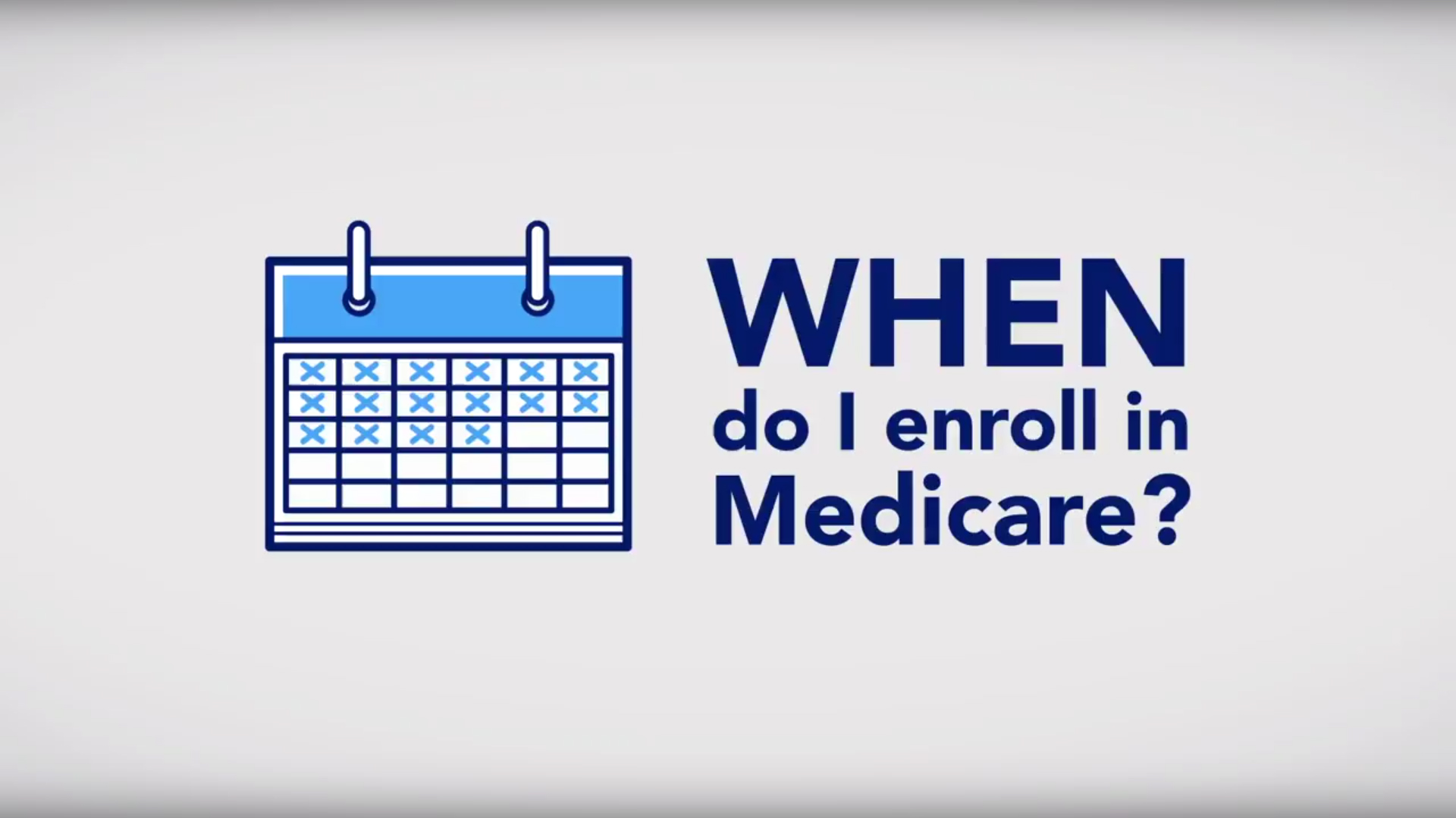
Congress Close to Finalizing Important Medicaid Extensions
On Tuesday, the U.S. House of Representatives passed the IMPROVE Act (H.R. 7217), which extends two critical Medicaid programs for older adults and people with disabilities. The U.S. Senate is expected to approve the bill before adjourning for the year.
First authorized in the Deficit Reduction Act of 2005, the Medicaid Money Follows the Person Demonstration Program (MFP) officially launched in 2007. Since then, it has helped over 88,000 older adults and people with disabilities transition from nursing and other facilities back to the community, and it has consistently been a cost-effective, successful program. According to independent, national evaluations MFP participants who have transitioned to community-based settings experience lasting improvements in quality of life, and they also decrease their overall Medicare and Medicaid expenditures by roughly 23%, generating considerable cost savings for the programs.










